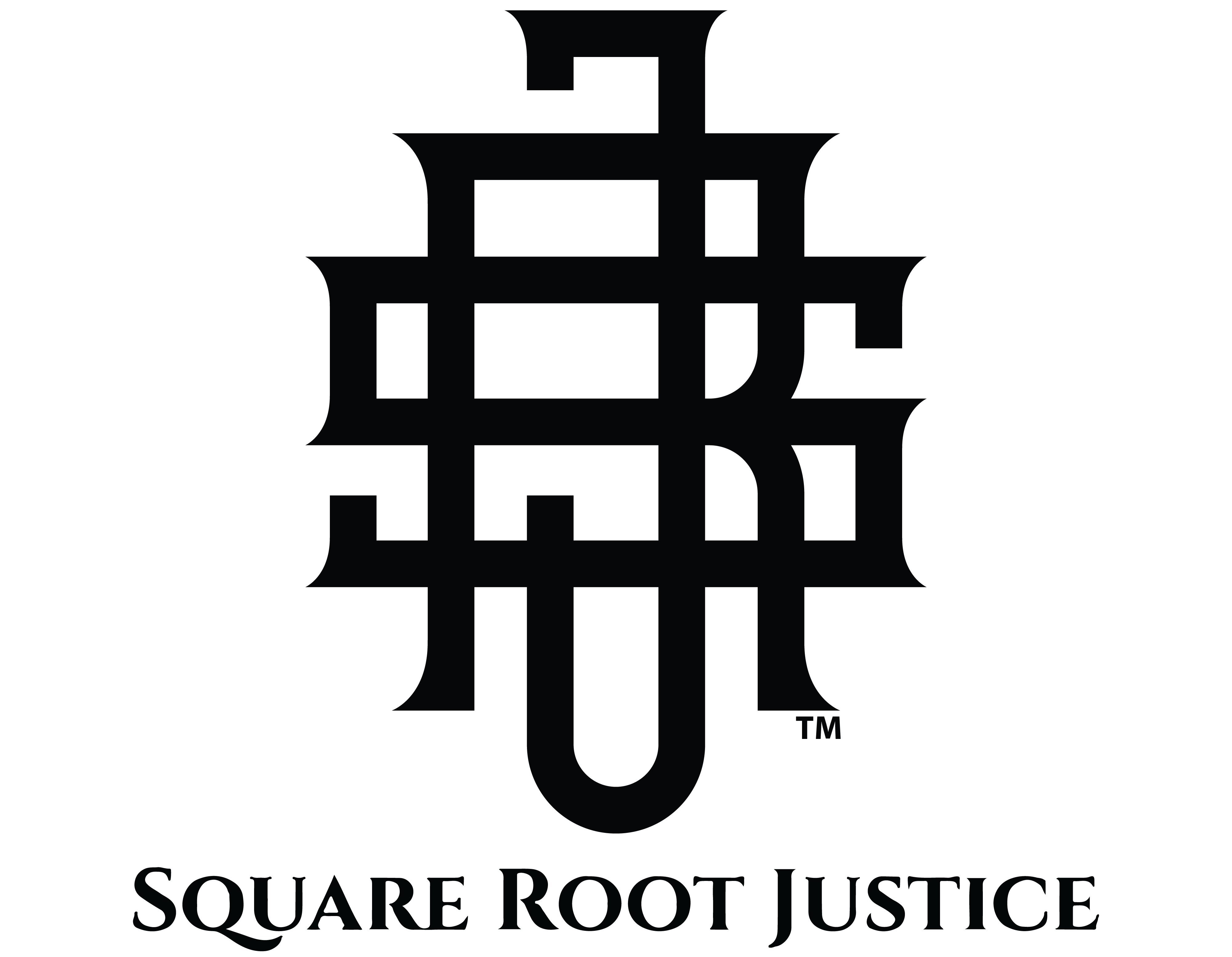Justice is the cornerstone of any civilized society. It ensures that every individual, regardless of background, status, or beliefs, is treated fairly and equitably. Without justice, societies would crumble under the weight of inequality and chaos. But what does justice truly mean, and why is it so crucial?
Defining Justice
Justice can be broadly defined as the moral principle of fairness and lawfulness. It encompasses legal justice, social justice, and personal justice. Legal justice refers to the application and enforcement of laws, ensuring accountability and protection for all citizens. Social justice seeks to address systemic inequalities, advocating for equal opportunities regardless of race, gender, or economic status. Personal justice involves individual actions that align with ethical and moral principles.
The Importance of Justice
Justice fosters trust in institutions, ensuring people have confidence in legal and governmental systems. When individuals believe that laws are applied impartially, they are more likely to respect and abide by them. Moreover, justice plays a critical role in maintaining peace. Societies that uphold justice reduce the likelihood of conflicts arising from discrimination or unfair treatment.
Challenges to Justice
Despite its importance, justice is not always easily achieved. Corruption, bias, and lack of access to legal resources can hinder justice from being served. Many marginalized communities face systemic barriers that prevent them from receiving fair treatment. Addressing these issues requires continuous efforts, including legal reforms, education, and advocacy.
Upholding Justice
Ensuring justice is a collective responsibility. Governments must create fair policies, courts must apply laws impartially, and individuals must advocate for fairness in their communities. Education plays a vital role in cultivating a sense of justice from a young age, helping future generations understand the value of equity and fairness.
Conclusion
Justice is not just a legal principle; it is a fundamental aspect of human dignity and societal stability. A just society is one where individuals can thrive without fear of discrimination or oppression. By advocating for justice in our daily lives, we contribute to building a world that upholds fairness, equality, and integrity for all.




